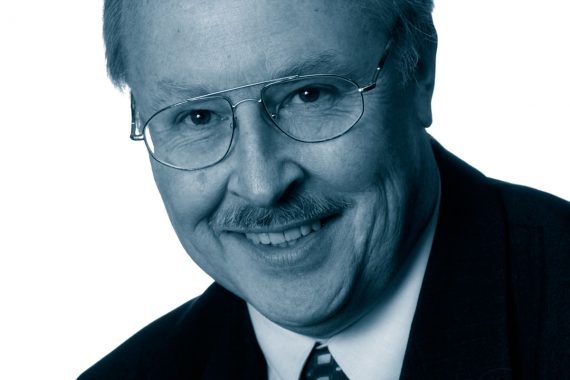How to stay afloat when you can’t replace retiring partners

The number of unfilled GP posts is on the increase and I often hear stories of partners waiting up to a year to fill a vacancy. So what are your options to keep services running if you are unable to recruit new partners?
1 Find retired GPs
Some GPs are keen to continue for a few years, either as a partner on reduced sessions and partnership duties, or on a salaried basis without partner obligations.
2 Refinance your premises
Premises are often a major issue when partners retire. If the surgery is leased from a third party, the lease may require a minimum number of partners to be responsible. If a replacement cannot be found, there is a risk that the retiring partner will not be removed from their obligations under the lease. If your surgery is owned by the partners, a retired partner can retain their share for a year or two until they are bought out by a new partner or the remaining partners.
You could also consider selling the surgery to an investor and taking out a long lease
The drawback of this option is that while some banks are keen to provide a loan for the buying partners, the share of notional rent received by a new partner might not cover loan repayments – clearly a concern. If a retired partner retains their share of the surgery long term, make sure a lease is drawn up. This will incur legal fees and maybe stamp duty, depending on the annual rent and the lease length, but it is essential to protect all parties.
You could also consider selling the surgery to an investor and taking out a long lease, perhaps 25 years. Once a lease is in place remember to consider the minimum number of partners that will remain on the lease.
3 Employ other types of staff
Consider employing salaried GPs, nurse practitioners or physician associates. Although these roles will help with the clinical workload, they don’t usually share practice administration. Also, these staff will not put working capital into the practice: the remaining partners will need to increase their investment.
4 Merge if you have to, but don’t close
If you close, there will be significant staff redundancy costs. If the premises are leased there will be ongoing obligations.
Instead, consider merging with another practice. Recognise that you are looking to avoid closure costs and tailor your financial aspirations accordingly.
Bob Senior is chair of the Association of Independent Specialist Medical Accountants and head of medical services at Baker Tilly
Pulse July survey
Take our July 2025 survey to potentially win £1.000 worth of tokens











